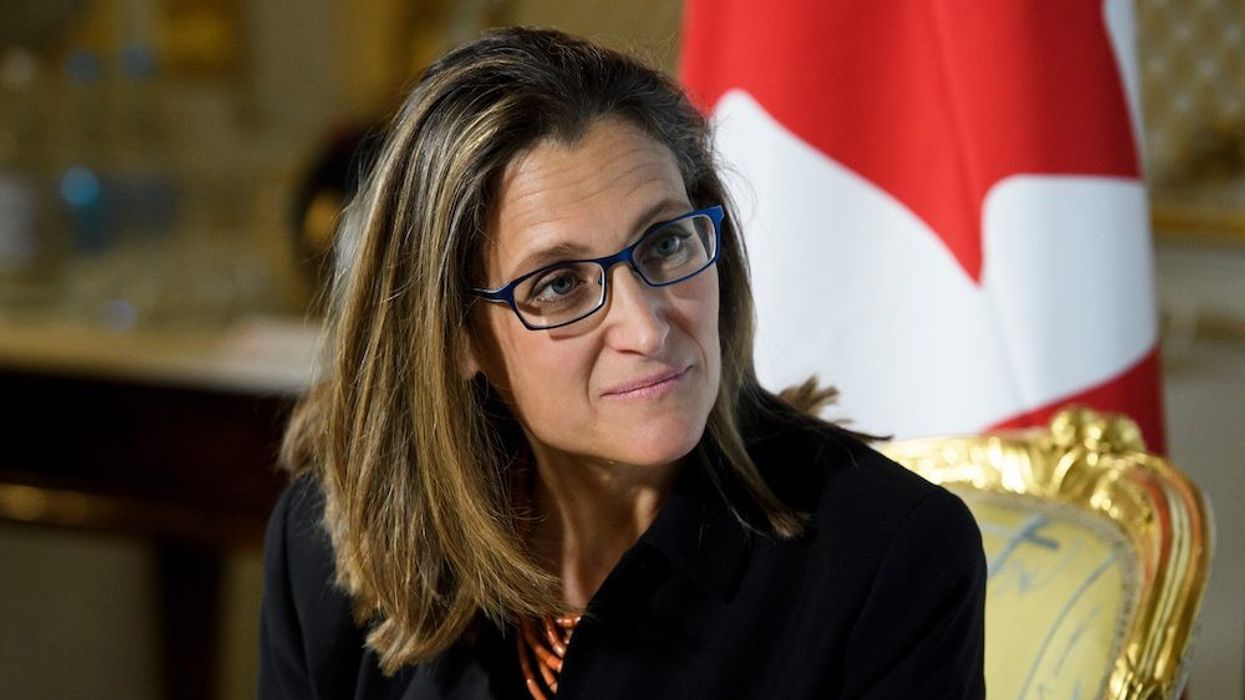Finance Minister Chrystia Freeland tabled the 2023 federal budget in the House of Commons late Tuesday afternoon, outlining plans tackle Canada's affordability crisis.
The budget notably delivers on the government's commitment to introduce the Tax-Free First Home Savings Account, announcing that financial institutions will be able to start offering the account to Canadians as of April 1.
With much of the housing affordability crisis stemming from a constant lack of supply, the feds laid out yet another plan to bolster home construction by reallocating funds from the National Housing Co-Investment Fund's repair stream to its new construction stream, as needed. The budget also included an additional $4B, spread over seven years, to implement a co-developed Urban, Rural, and Northern Indigenous Housing Strategy.
In an attempt to move away from the financialization of housing in Canada, the government says it will "consult on changes required to remove regulatory barriers for homebuyers from diverse communities seeking access to alternative financing products," but provides no further details on what these consultations would involve.
Also lacking in detail, the budget includes plans for the federal government, through the Financial Consumer Agency of Canada, to publish a guideline to protect Canadians with mortgages who are "facing exceptional circumstances."
"Specifically, the government is taking steps to protect Canadians and ensure that federally regulated financial institutions provide Canadians with fair and equitable access to relief measures that are appropriate for the circumstances they are facing, including by extending amortizations, adjusting payment schedules, or authorizing lump-sum payments," the budget reads. "Existing mortgage regulations may also allow lenders to provide a temporary mortgage amortization extension — even past 25 years."
Improving Day-to-Day Affordability
In an attempt to crack down on predatory lending, the budget includes plans to amend the Criminal Code to lower the amount of interest legally allowed to be charged on loans to 35%. This is a substantial change from current Criminal Code limitations, which cap the legal interest rate at 47%. The budget notes, however, that the government will launch consultations on whether that rate should be further reduced.
A second Criminal Code adjustment would target payday lenders, limiting them to charging no more than $14 per $100 borrowed. This is in line with the lowest cap among provinces, in Newfoundland and Labrador.
Perhaps of most interest to Canadians, the budget includes a new grocery rebate to offset the ever-rising cost of food. The $2.5B rebate program will help 11M low- and modest-income Canadians and families via a one-time payment. Couples with two or more children will receive up to $467, single Canadians without children will receive up to $234, and seniors will receive $225, on average.
The budget also takes aim at "junk fees" -- the unexpected, hidden, additional fees on everything from internet overage charges to roaming fees to airline charges to concert tickets -- pledging to work with regulatory agencies, provinces, and territories to reduce these fees.
Small Moves on Transportation
The budget included few updates on the transportation sector, with no new projects announced. Instead, the government committed to investing $27.2M over five years to Transport Canada to establish a Transportation Supply Chain Office to "better coordinate action to increase the capacity, efficiency, and reliability of Canada's transportation supply chain infrastructure"
Another $25M will be given to Transport Canada over five years to work with Statistics Canada to develop transportation supply chain data that will help reduce congestion, make supply chains more efficient, and inform future infrastructure planning.
VIA Rail will receive $210M over five years to conduct maintenance on its trains on routes outside the Québec City–Windsor Corridor and to maintain levels of service across its network.
Pushing Infrastructure Projects Along
With a focus on growing a clean economy, the budget include plans to expedite essential private sector projects, including those involving clean electricity and critical minerals. The government committed to, by the end of the year, outlining a concrete plan to improve efficiency of the impact assessment and permitting process for major projects, "which will include clarifying and reducing timelines, mitigating inefficiencies, and improving engagement and partnerships."
Workers who lend their efforts to these projects will benefit as well. Businesses that utilize Clean Technology and Clean Hydrogen Investment Tax Credits will be required to "pay a total compensation package that equates to the prevailing wage." The definition of prevailing wage, the budget says, would be based on union compensation, including benefits and pension contributions.
Building on previous efforts to attract more skilled tradespeople to the Canadian workforce, the budget proposes doubling the maximum employment deduction for tradespeople's tool expenses from $500 to $1,000.





















